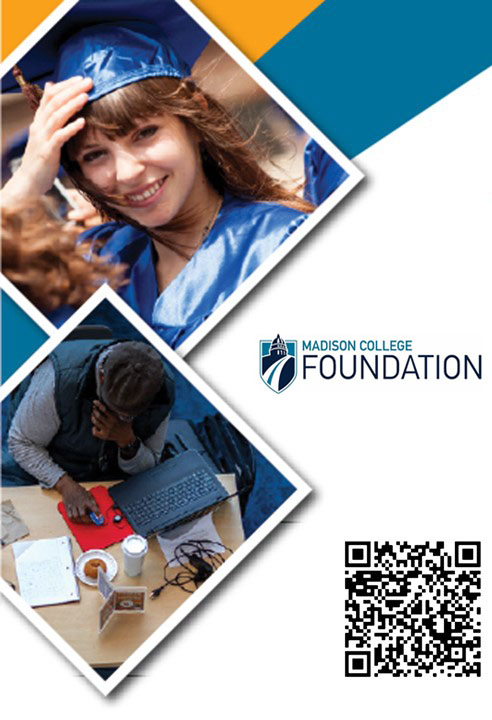Thinking About Food Issues During the COVID-19 Pandemic
October 14, 2020
World Food Day is celebrated in October each year by the Food & Agriculture Organization (FAO) of the United Nations, and this is the 75th anniversary of the event.
For this World Food Day, the FAO thinks it is more important than ever, in light of the COVID-19 Pandemic, to think about our food choices and make individual decisions to improve food security for all. Some things the FAO suggests include:
- Choose healthy and diverse diets which in turn improve our soils and biodiversity
- Choose local and seasonal foods
- Attend classes or workshops on choosing or growing healthy food
- Grow food at home
- Support food development initiatives such as school or community food programs, etc.
- Support food-related businesses that focus on local and healthy options
- Be a food hero by volunteering in food banks or food delivery services or spreading the word about growing healthy, sustainable, and diverse food
In addition to being great ideas to support the common good, that list can also serve as potential ideas for research paper topics.
You can find information, strategies, and opportunities for those FAO suggestions in the Madison College Library’s Food Issues Research Guide https://libguides.madisoncollege.edu/foodissues. The Food Issues guide offers relevant resources on a variety of food topics at the local, national, and international levels.
Some Madison College resources included in the Food Issues guide include the Cupboard Student Food Pantry and the Wolves Share Program, initiatives established by the Madison College Student Senate to deal with student food insecurity issues.
Madison links in the guide include food pantries, farmer’s markets, food cooperatives, and food initiative programs. The Madison Food Policy Council site offers a wide variety of information about local food initiatives.
Of note in the Wisconsin links is the University of Wisconsin’s Wisconsin Food Security Project offering data and information on the state’s food security infrastructure. The Feeding Wisconsin site offer not only a cornucopia of data about Wisconsin food issues, but also lists multiple ways to volunteer or otherwise get involved.
Among the many national and international web sites listed in the guide is the Food Research and Action Center, which offers a terrific recent report on the food struggles of diverse communities during the COVID-19 Pandemic https://frac.org/wp-content/uploads/Not-Enough-to-Eat_Hunger-and-COVID.pdf.
The Articles tab of the Food Issues guide offers several databases that provide access to thousands of articles about current food issues along with strategies for making things better. In addition to the library’s stalwart databases EbscoHOST and CQ Researcher, check out the USDA’s online food issues magazine called Amber Waves.
Whether you’re using the Food Issues guide for your own edification or to support a research paper topic, as we enter the season of holidays and all the good food associated with it, it’s worth the time to think a little bit about where our food comes from, how secure it is, and who has access to it.






























